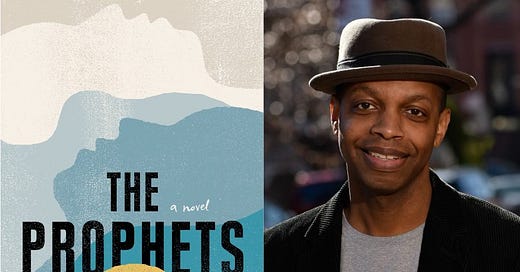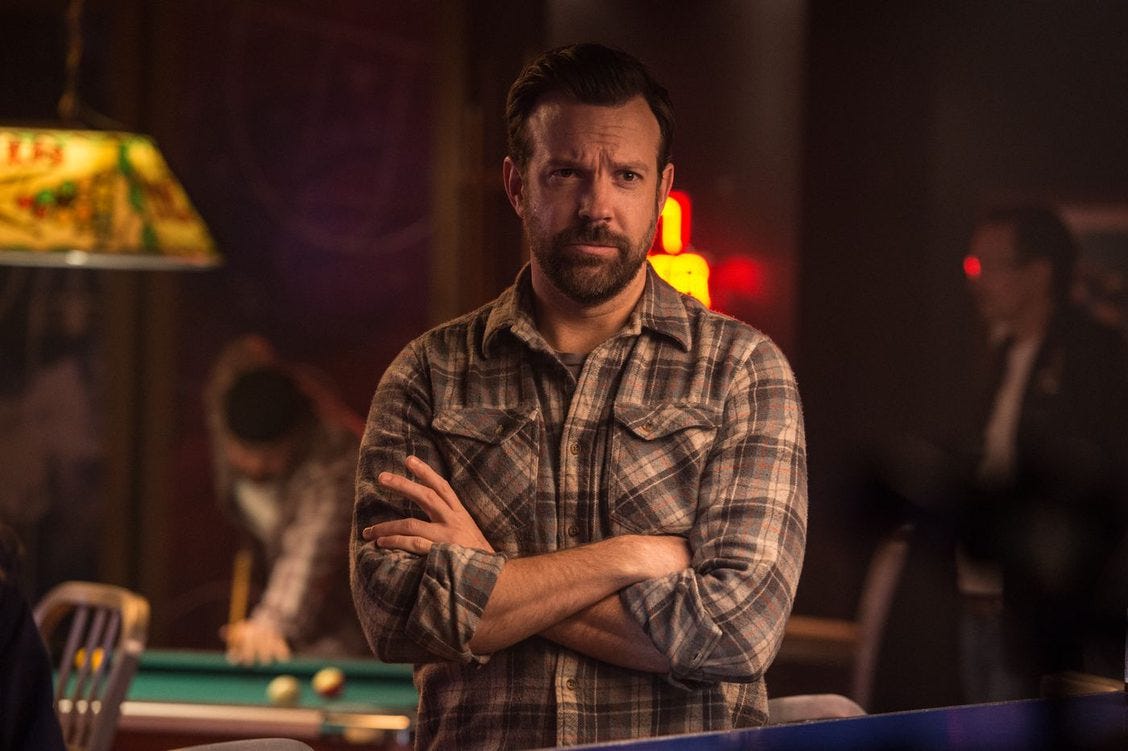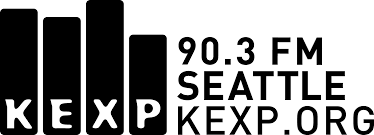You've Got a Friend
Content warning: Suicide is mentioned in the text below.
When I was 12, I worked at Gan Hayeled, a summer camp for preschoolers at a synagogue in Washington D.C.. During my first week, one of the head teachers gently placed her hand on my arm and told me that rather than using the word “guys” to address the children, at the Gan they preferred to say friends. Friends, it’s time to put the toys away. Friends, put your listening ears on. Friends, let’s go outside and play. I nodded and spent the rest of the summer laboring to make this change in my language, with middling success.
Guys is a solid downbeat of a word, its monosyllable offering satisfying emphasis and winning rhythm to so many phrases. There’s the interjection, Guys!, a quick, flat utterance that interrupts the flow of conversation and calls for attention, and the elongated variation, You guyyyyyyysssss, which creates space to emphasize a feeling or reaction. It’s also the linchpin of a series of casual, amiable greetings and closings—hey guys, how are you guys?, great to see you guys, you guys have a good weekend! In each of these, guys is a comfy, inviting, familiar place to land.
Or at least it used to be. Lately, this word has stopped sitting well with me. I’m not here to police anybody’s language or discourse on inclusion—I can only say that I fell out of love with this obviously gendered word, wincing each time I heard it come out of my mouth. This happens to me sometimes: suddenly I can hear a language tic, like picking out a new strand of birdsong, except instead of being musical it’s painfully off key and in dire need of revision. In grad school, Jim Galvin advised the poets to “use good words.” It was time, I knew, to find other, better words.
Coming up with a replacement might be simpler if I weren’t a writer. In addition to finding a new word with the same meaning, I had to find one that sounded good, whose sound and rhythmic possibilities also felt pleasurable in my mouth and ears. A challenge, for sure, but as anybody who has ever heard me rave about revision knows, a deletion makes way for an insertion, an opportunity to come up with something EVEN BETTER. And in this situation, I have come up with something that is way, way better, a solution, not surprisingly, that has been present all along, having been put forth by that curly-haired teacher at the Gan over 25 years ago.
Friend, friends—I now use these words all the time, freely, liberally, liberatingly. Hi friend and Hi friends make for wonderful greetings aloud and on the page, providing that solid downbeat I sought out in the word guys. And these words come with a new, better pleasure: a warm and fuzzy feeling in my chest each time I say good to see you, friends or take care, friends or miss you, friend.
The word friend can be a real comfort in lonely or scary times. Recently, the UNC-Chapel Hill community has faced suicides and suicide attempts by students, tragedies nobody seems to know exactly how to speak about or heal. I am haunted by the loneliness that plagues our society, that contributes to these acts, and by the memories of those lost, including Nick, one of my college classmates who would’ve turned 41 this month had he not died by suicide 20 years ago. I do not pretend to understand the experience and choices of these individuals—I am only heartbroken that they are gone, left wondering who called them friend, whom they called friend.
The maze of language is where I feel at home, safe, where naming a thing can disarm it, bring it closer to my heart. I listen to my words as much as I can, looking for possibility. Lately, I’ve been considering that nobody = no + body (why isn’t nomind a word?), that the word manifesto comes from the same root as the word manifest. I have a friend who has started using the word full instead of busy, a substitution I find quite intriguing, leaning toward abundance rather than scarcity. Though these distinctions may seem small, the implications loom large. Words matter, every single one. That can be a hard, heavy thing, but I also see it as a tool, a gift, an opportunity to expand and grow.
As a kid, I worried about who would be my friend. Now, I believe everyone can be my friend, that by using that word from the outset, widely, joyfully, I have shifted the idea of earning friendship to defaulting to it. Maybe we’ve met, maybe we haven’t, but you are my friend, each and every one of you. Hi, friend. I hope you’re doing well.
J.
Many of us find revision challenging, not exactly sure what needs to be improved or how. In this hands-on workshop, we’ll review the list of questions every writer should ask as they enter the revision process, practice concrete strategies for successful revision, and compare first drafts to final drafts to see how revision can take a piece from good to great. This class is aimed at both fiction and nonfiction writers. Participants will leave with clear ideas and techniques for revision as well as the confidence to revise successfully. This workshop will meet on Zoom on Thursday, December 9th, 6:00pm-8:00pm ET. Sign up now.
To Read
I just finished The Prophets by Robert Jones Jr, and wow do you have to read this book. It’s set on a plantation in Mississippi in the era of slavery, and while the central characters are two young men who are lovers, the book explores many different characters’ point of view, giving voice to those slavery rendered voiceless. On a technical level, it’s incredibly lyrical and the choices about POV, scope, and structure are bold and expertly executed. Thanks to Elizabeth for telling me repeatedly to read it!
On the other end of the spectrum is The Plot, a fluffy read perfect for a bad-weather weekend. The story follows a somewhat unsuccessful writer who revives his career with a bestseller based on an idea not entirely his own. You’ll have fun guessing where the story is going, not liking the protagonist, and enjoying the clever, satisfying ending.
And for a flat-out weird, sexy, sad ride, check out Raven Leilani’s Luster, which is one astonishing sentence after another (and was on Barack Obama’s Favorite Books of 2020 list). The protagonist is a twenty-something woman who is barely getting by in New York City and making many terrible self-destructive choices that lead to her moving in with the couple whose open marriage she has become a participant in. She is Black, and they are white, and things get complicated. An engrossing read about the desire and destruction we all hold inside.
To Watch
If you are missing the feelgood workplace comedy slash primer on how to be a human that is Ted Lasso and are curious to see a darker side of Jason Sudeikis, please go watch the 2017 film Colossal, which has a wonderfully non-charming Anne Hathaway and a clever metaphor about destructive choices. Rewatching it, I also see it as a film about male fragility and female rage, but hey, you can give it a whirl and get back to me with your own thoughts.
Once you’ve watched that, check out Come As You Are, a film about young men with disabilities who road trip to a brothel in Montreal that caters to people with special needs. This is a pretty fantastic and very bawdy film that explores needs all humans have, that deviates wonderfully from the tired and offensive cinematic gaze on those with disabilities.
Did you love The Queen’s Gambit? Then check out Brooklyn Castle, a documentary about the struggles and triumphs of the chess team at an underprivileged middle school. This underdog tale rivals Friday Night Lights in its drama and heart.
To Listen to
To be a human is to experience grief, and the grief stakes have gotten immeasurably higher. Many of us have been forced to grieve alone, an awful way to face loss. If you want some community around grief, I urge you to give a listen to KEXP’s Mom Show, happening on November 11th (10am-1pm ET). This began as a tribute to DJ John Richards’ mother and has become a day of stories and songs that celebrate those we’ve lost. A good way to grieve.
To Go Poems
You know that thing when you go to the library planning to just check out the one book you have on hold, but then you accidentally start browsing the new releases section and then suddenly you’re checking out five books? That is how I came into possession (for a few weeks at least) of Maggie Smith’s latest volume, Goldenrod.
Here are a few I particularly liked.







